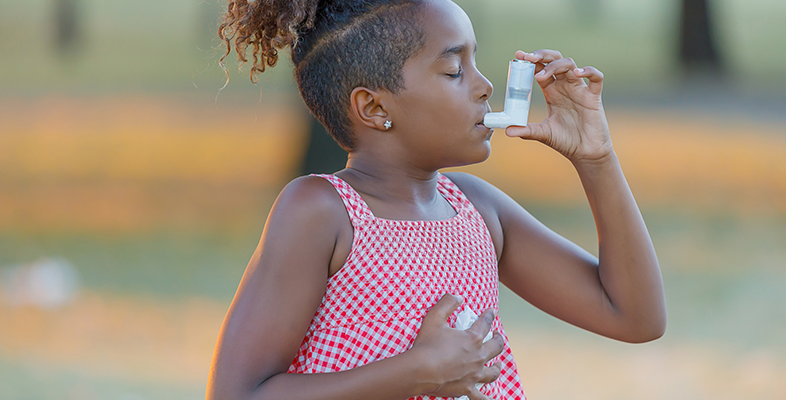2.2 Parents’ experiences of having a child with a learning disability
Many parents start to imagine what their child will be like while they are still developing in the womb. They imagine what they will look like, their personality, how they will grow up, how successful they will be, and so on. Obviously, it can be a worry if your child shows different developmental milestones from those expected, and a shock if at some point you realise that something might be out of the ordinary.
By exploring some of the potential thoughts and feelings family members may have if they have little information about their child’s learning disability, you can start to consider how you might go about preparing yourself to work with families in these situations.

When a child receives a diagnosis of a learning disability it can be seen as either a positive or a negative outcome by parents. For example, it could be seen as positive as it could identify a potential pathway of care and access to services that might be needed, but it could also be seen as negative as it may be a label that signifies an unknown future which may involve on-going, regular contact from health and social care professionals, into the family home.
The next activity will give you the opportunity to read some research involving mothers of children with fetal alcohol syndrome and consider their experiences in relation to having little information about the condition.
Activity 8 Parents’ experiences of a child being diagnosed with a learning disability
Conduct an internet search for ‘parents experiences of fetal alcohol syndrome’ and ‘experiences of parents with children with a learning disability’ and start to note down some of the positive and negative experiences and the challenges faced. One particular source that may be of use is The experiences of caregivers looking after individuals with fetal alcohol spectrum disorder from Healthcare Improvement Scotland (2019), which you can find on ResearchGate.
Make notes on the thoughts and feelings of the parents in the box below.
Discussion
Whitehurst (2011) suggests that fetal alcohol syndrome is not necessarily a well-understood disability. This can cause problems for both the parents trying to find information about the syndrome, and for health professionals who may be trying to support them. Although not every child with fetal alcohol syndrome will have a learning disability, many will, and this example has been used to highlight some of the potential issues where a lack of information may impact the family of a person with a learning disability. You might also have identified:
- negative reactions from family
- stigma from society
- loneliness
- empathy and understanding from others
- adaptations required for daily life e.g. clothing, disability aids
- finding places to go on holiday that are accessible
- stress
- impact on siblings.
Now that you have explored some of the potential issues related to having a child diagnosed with a learning disability, you are going to move on to look at the importance of remembering to hear and listen to the voice of the child or young person with a learning disability.
